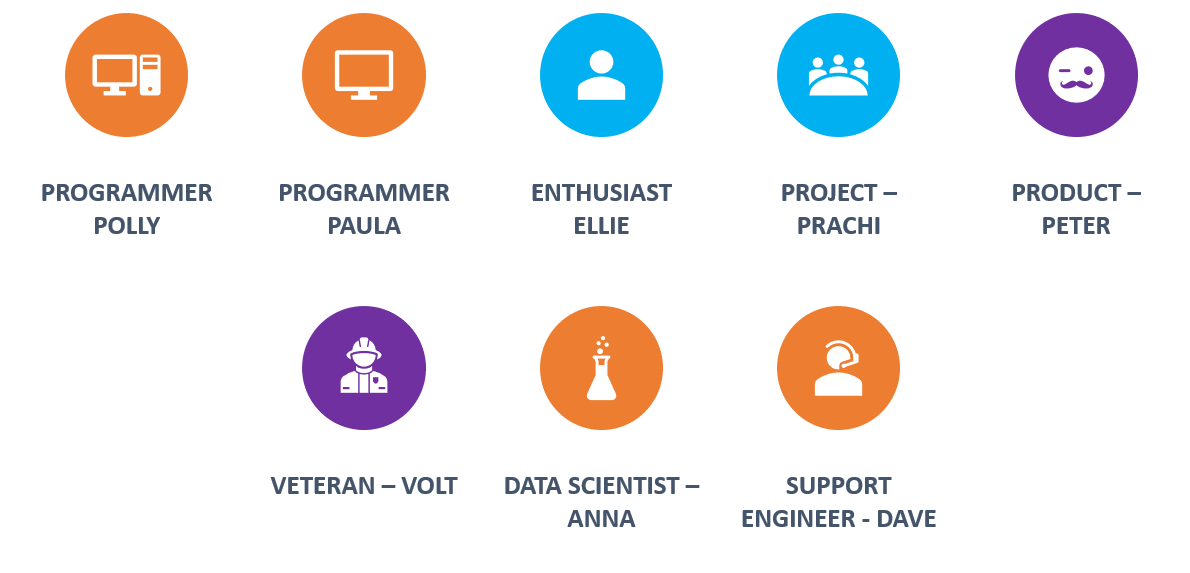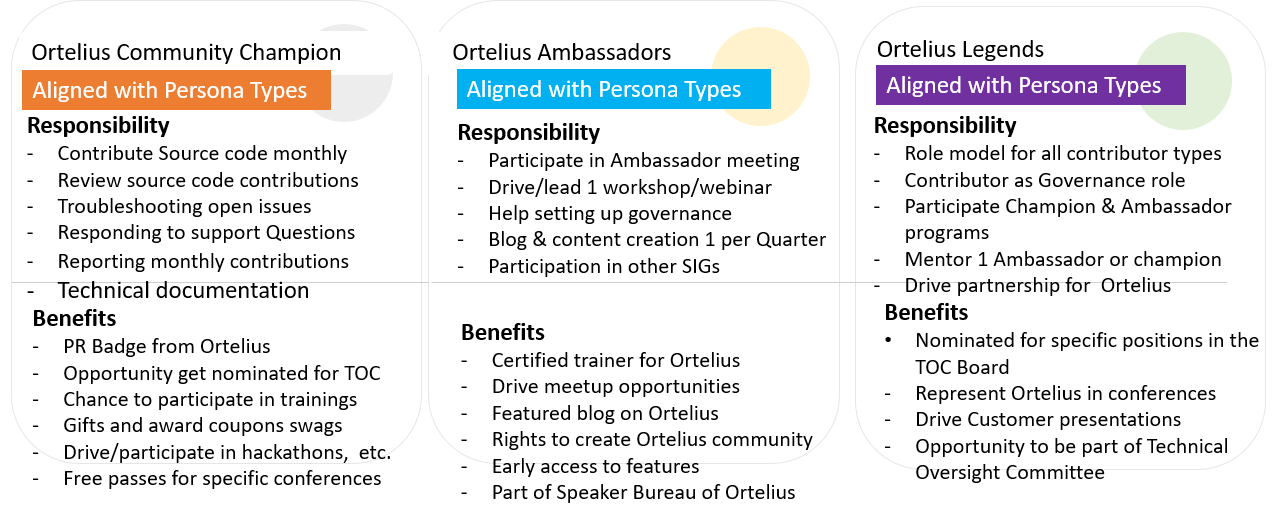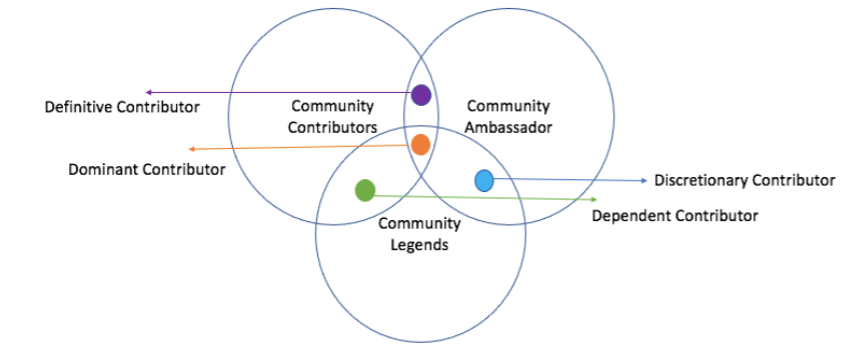Ortelius Blog
Topics include Supply Chain Security, Vulnerability Management, Neat Tricks, and Contributor insights.
Bootstrapping an Open-Source Community through Engagement
The Ortelius Open Source Community recognized that it is crucial to engage with our open-source contributors meaningfully. In this blog, I will share insights that can be useful for for shaping and leading open-source initiatives. Often organizations are “unprepared” for open-source initiatives, and it is difficult to justify time, cost, and effort without creating a focused community that can play a crucial role in removing constraints, enhancing opportunities, and reducing risk. Meaningful engagement starts with making your community contributors one of the stakeholders early on. This blog can serve as a starting point to build conversation and community dialog.
Steering a Modern Social Contract for an Open-Source Community
If you are set in an open-source direction, it’s no longer a choice whether you want to engage with the community or not. Unknowingly you have entered into a modern social contract. Engagement with community contributors, leaders, and evangelists should be considered seriously and part of strategic investment. Some of the basic principles which can be helpful to steer such engagement are:
- A two-way exchange of ideas, information, and opportunity;
- A long-term commitment from both sides;
- Have a clear role, scope, and engagement model;
- Integrate technology to enable feedback loop, measure and improve incrementally;
- Inclusive and steer return of investment.
Building the Community through Recognition
Building the Ortelius recognition program required the understanding that this is a multi-dimensional puzzle. Identifying the basic objective of the Ortelius community, knowing who the community is to serve, and how to build long-term commitment became the focus. The ultimate goal was to create a group of contributors who felt empowered, committed and recognized for their efforts.
It was important that through our contributors the Ortelius community could create differentiation. It was also important to address the needs and wants of our contributors. After making an initial assessment it was clear that we needed to segment our contributors to prioritize and craft a recognition program that would be able to inspire and motivate different persona types. We believed that this would facilitate better engagement and move the needle in the right direction for the open-source project.
Persona types
Building a basic contribution engagement model requires analyzing the characteristics of contributors. There are various ways and factors. We can look into a bottom-up view from persona types and re-segment based on commonalities. Another approach is to create persona-type topologies, considering the expected return of investment from the contributions. Before we move forward one of the crucial elements would be to acknowledge the dynamics of contributions and understand meaningful engagement.
Below is the description of the person types, based on the work of Neetu Jain - Champion Community Manager – Ortelius and Tetiana Lazebnyk - Outreach Contributor

Fig 1.0 Persona types
View the full Persona Documentation
Not Everyone is a Coder
The Personas were built understanding that:
- All contributors are not coders;
- Contribution to improve knowledge base (documents/tutorials) is also required;
- Contribution to governance (leading ambassadors etc) are crucial for the success;
- Contribute as market outreach also matters.
Creating Ownership Through Recognition
There are distinct factors which builds community ownership of an open-source project. Success can be achieved by aligning the objectives of individuals with the needs of the open-source project, so collective ownership can be steered in the right direction. The rewards and recognition program was designed from a simplified viewpoint with a three tiered approach for acknowledging contributions.

Fig 2.0 Contributor Categories
Critical success factors
Creating a progression for the contributors was seen as essential for acknowledging those individuals who are more than just ‘casual’ team members. We also looked at how the three levels of contributions overlap and intersect. We had to analyze the intersection points to create a laddered approach.
- Identifying and continuously motivating definitive contributors;
- Aligning discretionary contributions, like instantiating market outreach, blogs, etc.;
- Continuous consultation with dominant contributors, to quickly project outcome;
- Creating focus groups for dependent contributors.

Fig 3.0 Intersection of contributors
Community Leadership and Building Engagement – Community Days/Dojos and Hackathons
Lastly, it is needless to highlight that appropriate leadership is instrumental in building open-source communities. Creating a culture to foster open-source projects within the community is the key. Community days, dojos, and hackathons are good reflections for the community leaders, governing boards, and end-users about the culture of the community. Creating engagement requires a platform that can drive success and should include:
- Community days for members to collaborate and share their experience and stories;
- Opportunity to build capability for the community through internal/external mentors;
- Create new member engagement through hackathons;
- Celebrate the collective wisdom & demonstrate commitment.
Conclusion
Bootstrapping an Open Source Community requires an understanding of the personas the community is to serve and building community ownership through engagement and recognition. The Ortelius Community has focused on knowing their community members and defining a method of progression to be recognized by their peers, an essential program for creating lasting commitment from the contributors.
Creating engagement for the different personas is also critical. Understanding that not everyone is a programmer, and communicating that to the community builds a broader, well-rounded team of open source enthusiasts.
There are many resources to guide your open-source project. You can also get in touch with me to learn more about rewards and recognition for both open-source and enterprise projects. Find me on LinkedIn.
Some additional guidance from Linux foundation.